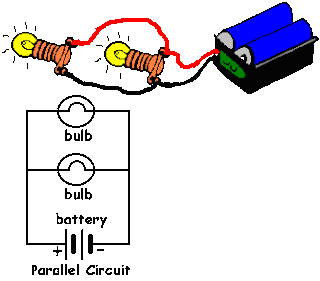(GUIDANCE CORNER)
Noni is an evergreen shrub or small tree that grows throughout the tropical regions of the Pacific Ocean, from Southeast Asia to Australia and especially in Polynesia. Common Names—noni, morinda, Indian mulberry, hog apple, canary wood
Latin Names—Morinda citrifolia
The noni fruit fails to have an appealing odor and taste. Majority of the parts of the plant, namely the leaves, roots, stems, flowers, fruits and bark are used. Noni health benefits are attributed to a few phytochemicals, which are present such as anthraquinones, octoanoic acid, damnacanthal, scopoletin, rutin, caproic acid, terpenoids and ursolic acid
What It Is Used For
- Noni has been traditionally used in Polynesia as a dye, but it also has a history of use as a topical preparation for joint pain and skin conditions.
- Today, people drink noni fruit juice as a general health tonic, as well as for cancer and chronic conditions such as cardiovascular disease and diabetes.
Health benefits of noni include relief from skin infection, cold, mental depression and high blood pressure. Other benefits include protection from degenerative diseases, such as atherosclerosis, diabetes, cancer, arthritis and asthma. It also exhibits anti bacterial properties, due to the presence of alizarin, acubin and L-asperuloside.
Anthraquinones are certain antibacterial compounds present in the noni roots. Fresh noni fruit gives a pungent odor, which is stronger, as it ripens. Certain processing technique such as juicing, dehydration, pureeing and so on result in the loss of nutrients, by the process of evaporation. Lyophilization or freeze drying of noni fruit preserves the nutrients and prevents microbial degradation. The fruit is also beneficial for individuals with constipation problems. It also exhibits anesthetic, fungicidal and analgesic activity
How It Is Used
- Traditionally, the leaves and fruit of noni have been used for health purposes.
- Today, the fruit is most commonly combined with other fruits (such as grape) to make juice. Preparations of the fruit and leaves are also available in capsules, tablets, and teas.
What the Science Says
- In laboratory research, noni has shown antioxidant, immune-stimulating, and tumor-fighting properties. These results suggest that noni may warrant further study for conditions such as cancer and cardiovascular disease. However, noni has not been well studied in people for any health condition.
- Recent NCCAM-funded research includes a study on noni for cancer to determine its safety and potential effects on tumors and symptoms. The National Cancer Institute is funding preliminary research on noni for breast cancer prevention and treatment.
Side Effects and Cautions
- Noni is high in potassium. People who are on potassium-restricted diets because of kidney problems should avoid using noni.
- Several noni juice manufacturers have received warnings from the U.S. Food and Drug Administration about making unsubstantiated health claims.
- Although there have been few reported side effects from using noni, its safety has not been adequately studied.
- There have been reports of liver damage from using noni. It should be avoided if you have liver disease because it contains compounds that may make your disease worse.
- Tell your health care providers about any complementary and alternative practices you use. Give them a full picture of what you do to manage your health. This will help ensure coordinated and safe care.









































